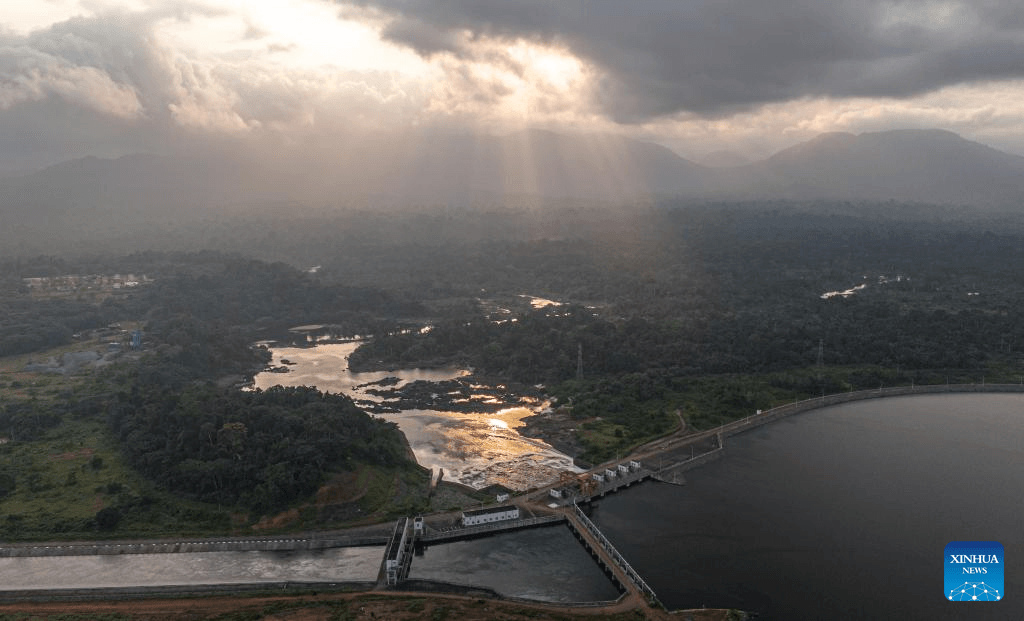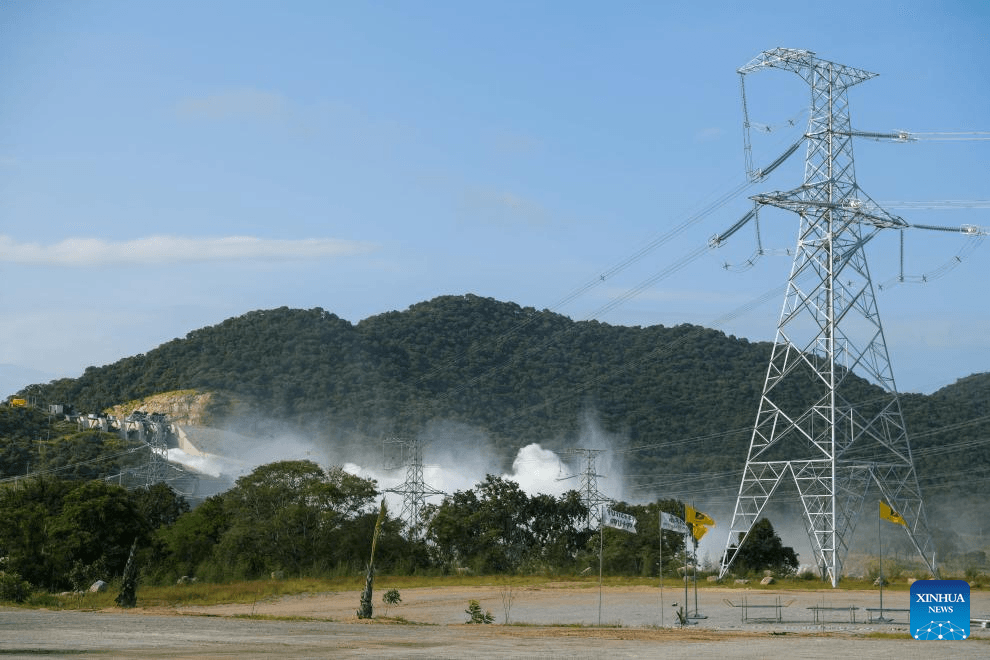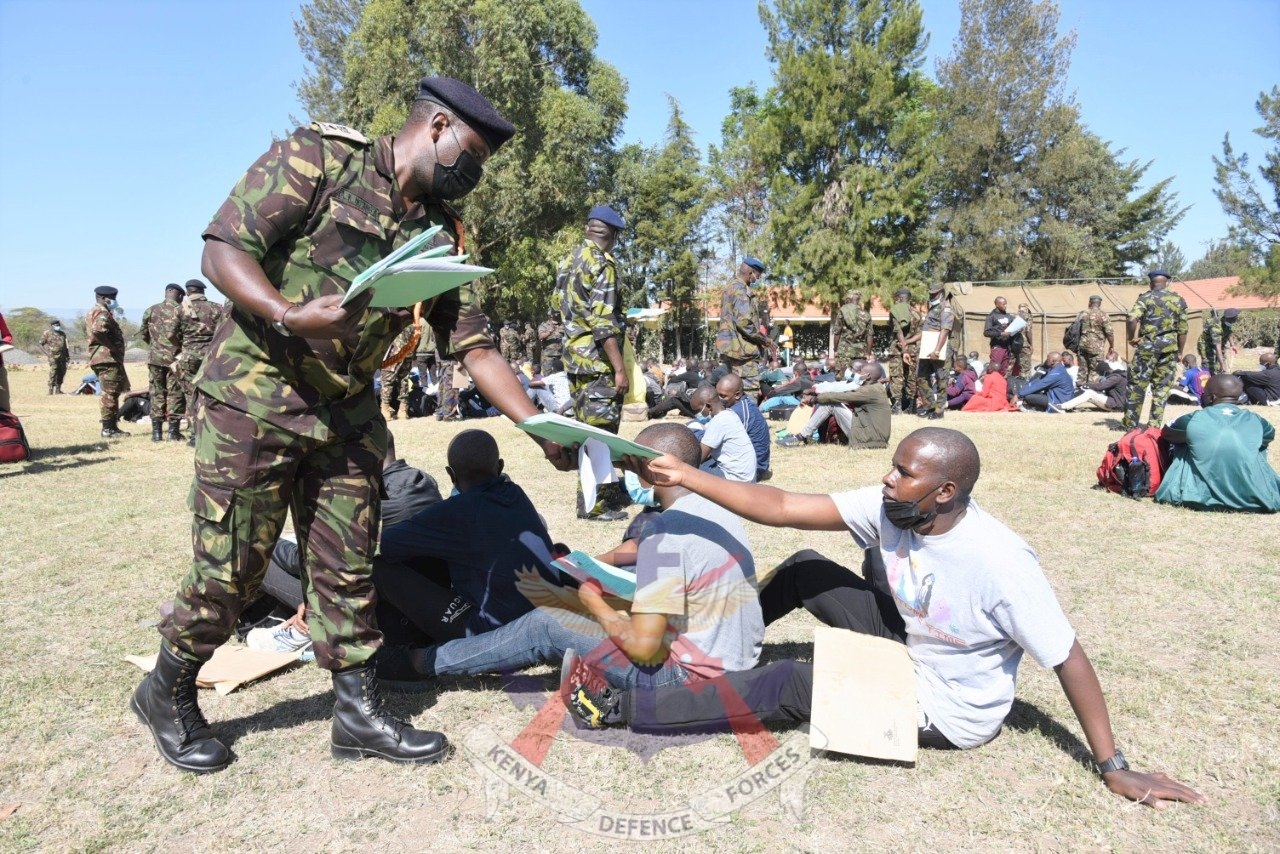President William Ruto, whose regime nearly collapsed at the height of aggressive Gen Z protests, appears to have retreated to his former self and is increasingly emboldened.
The fizzling out of the anti-government protests coupled with what analysts argue is a dead opposition has handed Ruto an opportunity to reinvent himself.
The President has resumed his international trips that partly triggered the wave of protests and he is openly asserting his authority locally as he consolidates his support.
Ruto seems to have embarked on a long journey to strengthen his rule and weather the storm sparked by a wave of Gen Z protesters as he firms up his possible 2027 reelection strategy.
At the height of the demonstrations, there were fears that the Kenya Kwanza administration would come tumbling down following massive support among disillusioned Kenyans.
At the time, Kenyans complained about punitive tax measures and radical policies that were largely seen as anti-people in the wake of harsh economic times triggered partly by unemployment and inflation.
The Gen Z protesters had demanded the rejection of the Finance Bill, 2024, the dissolution of the Cabinet and far-reaching governance changes, including the fight against corruption and an end to tribalism within the public service.
The head of state was later forced to drop the government Bill, which stipulated punitive tax measures and far-reaching economic policies that analysts said could suffocate Kenyans.
Months later, the formation of the broad-based government saw opposition bigwigs join the Cabinet, and the deflation of the opposition emboldened Ruto.
“It is now back to business as usual, the country’s strategic investments including JKIA are being auctioned to the highest bidders and Kenyans must remain vigilant because this broad-based mongrel government will not spare them," Embakasi North MP James Gakuya said.
The MP insisted that the Kenya Kwanza regime has turned a blind eye to issues that were raised by the youthful protesters who demanded a raft of radical changes in governance.
“What is happening in this country is at a level that has never been witnessed before because there is massive looting of public resources by a few individuals taking advantage of their proximity to power yet nothing is being done," he said.
The planned takeover of the management of the Jomo Kenyatta International Airport by an Indian firm, Adani Group, and the revelation of the alleged involvement of some of Ruto’s friends in another deal for technology in the provision of universal healthcare has exposed the government’s soft underbelly.
On September 21, Safaricom announced that it had been hired, alongside other institutions, to develop the integrated Healthcare Information Technology System with two powerful individuals closely associated with the President in the lead.
Safaricom chairperson Adil Khawaja, who has openly admitted he has been President Ruto’s friend for more than 30 years and Mwende Gatabaki, the wife of the President’s economic adviser David Ndii, are seen as central in the Sh104. 8 billion health project.
The two have however maintained that their involvement is above board despite their alleged close links to the head of the state
National Assembly Health Committee chairperson Robert Pukose says the universal health coverage technology deal is not above board and proper investigations should be done to unearth the truth.
“The process appears flawed. This looks like a fraud in the making. We need full transparency before making any decisions," the Endebess MP said.
MPs have ordered a forensic audit by the Auditor General to determine how Adani Holdings Limited managed to secure the government’s endorsement in the management of East Africa’s busiest airport.
Kisii Senator Richard Onyonka who was at the centre of exposing the deal warned that Kenya was being returned to the era of “well-choreographed rip-offs disguised as investment projects."
“We are seeing the return of massive scandals like the Goldenberg in which senior government officials are orchestrating looting of public funds at alarming levels with most of our strategic investments and institutions targeted for capture," he said.
There are fears that President Ruto’s political truce with former Prime Minister Raila Odinga has handed him latitude and political cover to firm up his rule and push for his agenda without fear.
After months of being grounded in the country due to Gen Z protests, Ruto resumed his foreign trips on August 11, with a trip to Rwanda to attend President Paul Kagame’s inauguration.
The President then travelled to China to attend the China Africa Summit, accompanied by Raila as he also stepped up his campaigns for the African Union Commission chairperson post.
Before the Gen Z protests, Ruto had made 62 trips to 38 countries in just 22 months since assuming office in September 2022.
This month the President flew to Germany for an official visit before jetting out to New York for the annual United Nations General Conference, where he is also drumming up support for Raila’s AUC bid.
Some argue that Ruto’s dalliance with Raila, a man seen for decades as the face of the country’s opposition movement, has further given him political insulation.
Analysts opine that the latest push to have Deputy President Rigathi Gachagua impeached stems from what Ruto’s handlers see as a prime opportunity occasioned by collaboration with the ODM leader's camp.
The motion, which is said to have been drafted and would be forwarded to the National Assembly Speaker Moses Wetang’ula for approval, has the support of the 117 MPs needed to have it tabled.
Critics say Gachagua’s planned impeachment will also test the broad-based government’s grip on the country after the DP’s allies warned the bid would destabilise the country.
National Assembly Deputy Majority leader Owen Baya confirmed that the motion is ready and would be tabled as early as next Tuesday.
“We have built a watertight case. He will not even get a second chance. His activities over the weekend went too far," Baya said.
The DP had over last weekend traversed key towns in his Mount Kenya backyard and warned that any impeachment motion against him would come with serious political consequences for the President.
Gachagua’s outbursts were interpreted by the President’s allies as a warning to the head of state at a time when hostilities had hit a crescendo.
Political risk analyst Dismus Mokua said the Kenya Kwanza government is walking a tightrope but argued that Ruto could manage to navigate the tides in the coming weeks.
“The impeachment appears to be a reality although it may be dropped any time based on political dynamics, but any ultimate removal from office of the second in command will not really destabilise the country," he said.
With Ruto back to business as usual after he tactfully managed to quell Gen Z protests and deflate the Azimio coalition, a section of politicians warn that the Finance Bill 2024 could be brought back.
The formation of the broad-based government saw Raila’s camp of the Azimio coalition cross over to the government with ODM leaders now aggressively defending President Ruto, especially against Gachagua’s outbursts.
After Ruto assumed office, Azimio launched countrywide protests against the Kenya Kwanza government and at some point Raila said he would not recognise Ruto as president.
However, after the President struck a deal with Raila, Azimio abandoned protests and, instead, said they will push the government from within Parliament instead of the streets.
Azimio has been deflated, with only Wiper leader Kalonzo Musyoka and his DAP-K counterpart Eugene Wamalwa remaining as the face of the opposition.
Narc Kenya boss Martha Karua and Jubilee Secretary General Jeremiah Kioni have also stepped up criticism against the Kenya Kwanza administration.
Kalonzo has claimed that there is no political goodwill from the President to implement the National Dialogue Committee report, including the reconstitution of IEBC.
The former vice president said the endless delay in the reconstitution of the electoral agency is a testament that the Kenya Kwanza administration is not keen on implementing the recommendations of the dialogue team.
“Even after the IEBC (Amendment) Bill, 2023–one of the Nadco’s key legislative Bill–was signed into law. We still lack the commission to implement the essential election improvements,” Kalonzo said.
“Political goodwill is lacking, institutional interference has kept Kenyans from a fully operating IEBC.”










